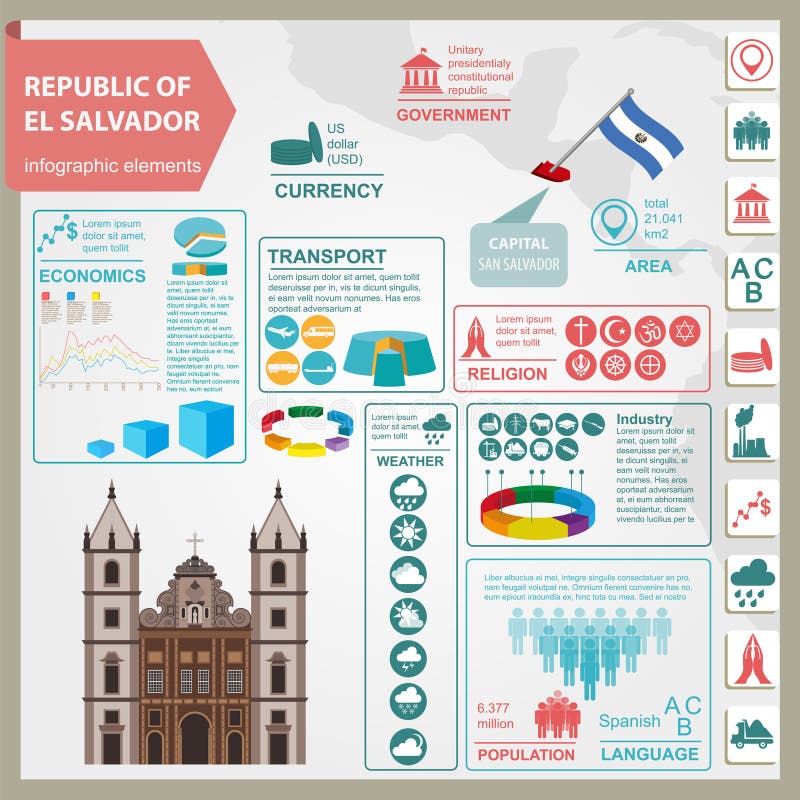With The Development Of Societal Characteristics, The Changing Function Of Churches Demonstrates Their Enduring Result On Areas-- Are They Really Being Redefined?

Developed By-Neal Burch
You might consider churches as simply positions for worship, however their function has actually evolved considerably gradually. They have actually transformed into community centers, addressing various social concerns and fostering links among members. As society changes, churches encounter one-of-a-kind obstacles and need to adjust to stay pertinent. What's driving this change, and exactly how do modern churches effect today's neighborhoods? Exploring these inquiries reveals much regarding their enduring relevance.
The Evolution of Churches Through Background
As culture has progressed, the function and framework of churches have changed substantially. You may notice that very early churches largely acted as places of worship and community celebration, rooted deeply in custom.
In time, these establishments adapted to the altering demands of their parishes, often mirroring societal shifts. As an example, the Reformation sparked a rise in diverse religions, each accepting distinct ideas and methods.
Today, several churches focus not just on spirituality yet also on social issues, involving with modern obstacles like hardship and inequality. This advancement demonstrates exactly how churches continue to matter, attending to modern issues while keeping their core objective.
Recognizing this trip aids you value the lasting impact of churches in our lives.
The Duty of Churches in Neighborhood Building
Churches play an important function in constructing strong neighborhoods by fostering connections among people and families. They supply an inviting space for people to gather, share experiences, and support one another.
By holding occasions like meals, workshops, and volunteer chances, churches urge involvement and cooperation among members. You'll find that these celebrations commonly lead to lasting friendships and networks of assistance.
In addition, churches usually serve as a center for outreach, assisting those in need with food drives, therapy, and numerous social work. They develop a sense of belonging, advising you that you belong to something bigger.
When you engage with your regional church, you're not just going to services; you're proactively adding to a dynamic, interconnected neighborhood that flourishes on common assistance and compassion.
Difficulties and Adjustments in Contemporary Culture
While area building remains a keystone of church life, modern-day society offers unique challenges that need adaptation. https://drive.google.com/file/d/1_QOT_Ln7irOU2luPHC72j_R172jhMSvj/view?usp=drive_link have actually most likely noticed decreasing attendance and moving demographics, making it crucial for churches to reconsider their methods.
Involving younger generations with modern technology and social media sites can help bridge the gap. Take into consideration organizing on-line services or area events that reverberate with varied rate of interests.
Additionally, resolving social issues like psychological health and social justice can draw in those seeking support and objective. You can develop inclusive atmospheres that invite everybody, fostering a sense of belonging.
Final thought
Finally, churches have actually changed from straightforward churches right into crucial neighborhood centers that attend to today's social issues. As see this page review their evolution, it's clear they play a vital duty in cultivating connections and giving support. Despite difficulties, modern-day churches adapt by embracing innovation and inclusivity, ensuring they stay appropriate. Their recurring existence not just nurtures a sense of belonging yet additionally forms societal values, making them a vital part of modern life.

